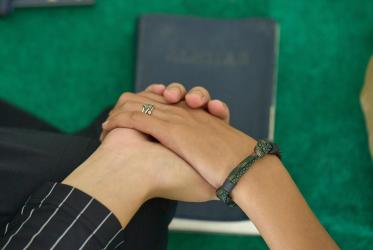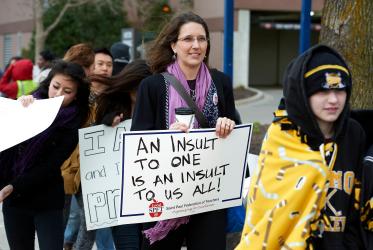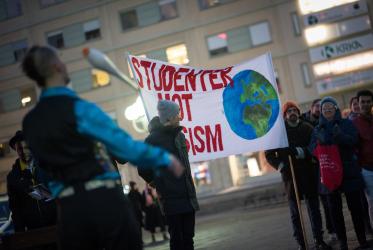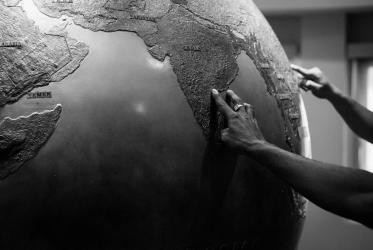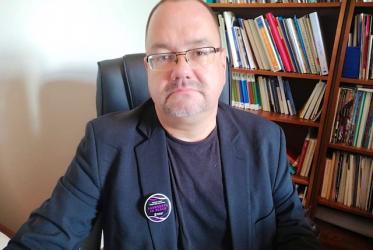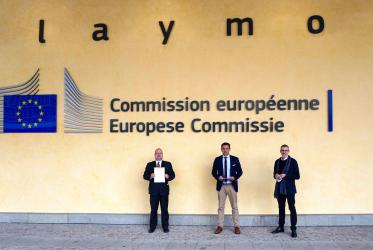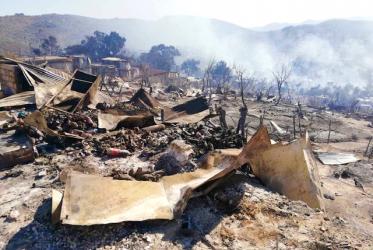Displaying 1 - 20 of 53
Webinar: International Day for the Elimination of Racial Discrimination “Obstacles, Opportunities and Strategies!”
25 April 2023
https://us02web.zoom.us/webinar/register/WN_RhjAAuPwRvqYhi3LwzciLg
Towards a Global Vision of the Church Volume I
Explorations on Global Christianity and Ecclesiology, Faith and Order Paper 234
14 November 2022
Upcoming webinar will focus on COVID-19 and caste discrimination
24 February 2022
Ecumenical statement on migration received by European Commission
25 September 2020
